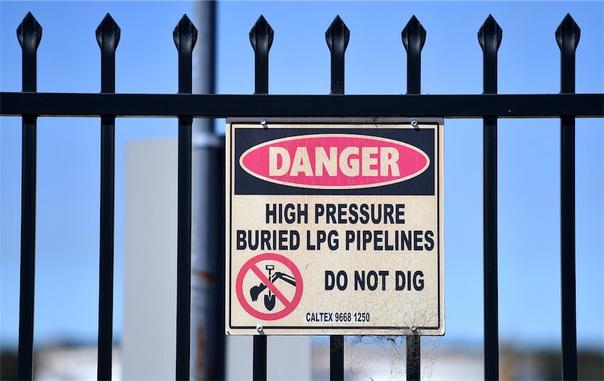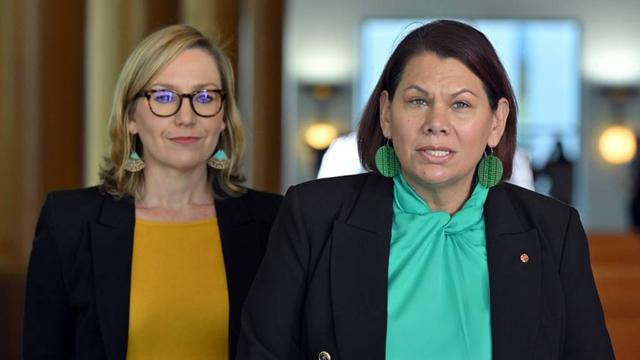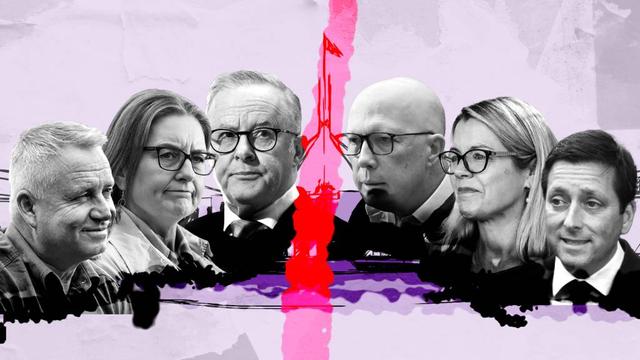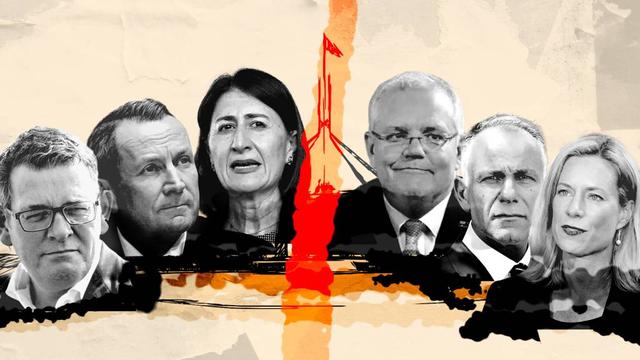@BinChicken @daedalus More on this abject silliness.
https://www.crikey.com.au/2025/06/20/teen-social-media-ban-trial-all-methods-vpns-parents-help/
QUOTE
Australia’s federal government had a “world-first” idea for how to keep our kids safe online.
Batting away expert concerns about how it would work, the government pushed ahead. It poured time and money into a scheme meant to stop children accessing certain parts of the internet.
This was in 2007, not 2025, back when the Australian government pursued its infamous internet porn filter.
That government was publicly embarrassed by a precocious teen, Tom, who says he was able to bypass the $84 million filter in just half an hour.
Almost two decades later, some of the experts who have been part of testing the methods for enforcing the Albanese government’s planned teen social media ban are worried history is about to repeat itself.
While there are unanswered questions about how well the ban will work in practice — an ABC report said that facial analysis tech tested by the trial could accurately estimate someone’s age within an 18 month range 85% of the time — another major concern is how people might thwart or work around these technologies.
Even before the ban passed parliament, the government said that its measures wouldn’t be foolproof, but it hoped to be as tightly enforced as possible.
“Government may not be able to protect every child from every threat on social media but we do have a responsibility to do everything we can, to help as many young Australians as we can,” Prime Minister Anthony Albanese said.
The law that passed parliament in late 2024 was a barebones document. It started a countdown until the law would pass and set in motion a process to develop the rules of how the ban would work.
Separate, but linked, was a $6.5 million trial commissioned by the government to investigate how a social media minimum age could be enforced. Its findings would inform the “reasonable steps” established by the government that social media companies would have to take when gauging a user’s age in order to enforce the teen social media ban.
The Age Assurance Technology Trial’s winning tenderer was a coalition led by UK company Age Check Certification Scheme (ACCS). The coalition would be responsible for assessing “age assurance technologies” — like digital ID, facial analysis and other novel methods of figuring out someone’s age online — for “effectiveness, maturity, and readiness for use in the Australian context”, and publishing a report on its findings.
The ACCS project plan, written in November before the law was passed or the tender was publicly awarded, said the group would test the technologies for detecting fake documents, deepfaked video and other security exploits.
Several months later, after the law had been passed and the tender awarded, the ACCS published an evaluation proposal plan that laid out which “circumvention” methods would and wouldn’t be tested.
It said the trial would test if the technology could identify a person in a disguise or using a photograph of someone, but that it would not test for ways that people might “make deliberate, concerted efforts to evade the age assurance check which are beyond reasonable expectations for providers to mitigate”.
It gave an example of not testing for whether a method could be side-stepped by having a parent or older sibling take the age check on a child’s behalf.
Another common example is using a VPN, a widely available web service that allows a user to funnel their internet traffic through other countries to access social media without the teen social media ban.
When France threatened to introduce age verification earlier this year and Aylo, the company that owns Pornhub and several other immensely popular websites, voluntarily blocked the country in protest, VPN services saw an immediate surge in demand.
The evaluation proposal plan also stressed that, even given its limited scope, it would not be able “test … all circumvention methods for all [Age Assurance] systems, due to the project’s timeline and available resources.”
Later, one member of the trial team would say that some circumvention testing was “much harder” to do in the trial testing and would require “policy response rather than technical measure”.
The limits on this circumvention testing was set by ACCS within the confines of the government’s tender, and confirmed by the government when they selected the group to carry out the trial.
The limited nature of this testing has been the biggest concern of the trial’s stakeholder advisory board, a group of more than 20 experts representing the spectrum of views from digital rights groups to anti-child exploitation organisations.
In every one of the minutes of three stakeholder advisory meetings that have been published, as well as a set of draft minutes obtained by Crikey, multiple members of the committee have questioned or registered concerns about how the trial is handling circumvention.
Rapid advances in AI and first-hand experience in children easily sidestepping methods were all raised as reasons to seriously consider further testing in the trial.
In a March meeting, one member of the advisory board, International Centre for Missing and Exploited Children Australia CEO Colm Gannon, said he was concerned that circumvention testing wasn’t a high priority.
“[Gannon] emphasised … that if the trial does not properly test for circumvention, the findings may lack credibility when applied to real-world implementation.”
The trial’s final testing for getting around the social media teen ban enforcement still isn’t known. A statement released today by the trial on its “preliminary” findings includes no information. The final report on the entire trial is scheduled to be given to the government at the end of July, who will choose what, if anything, will be released.
Even if all of that information is published, some of the circumvention testing details will be left intentionally opaque; ACCS CEO Tony Allen said the company wouldn’t disclose parts of the testing regime to avoid being exploited by bad actors.
Australia’s trial of the effectiveness of enforcing the teen social media ban has intentionally has been constructed in a way that means it won’t answer some of the key questions about its effectiveness.
But regardless of the trial’s scope, the teen social media ban will soon be put to the test. In just a few months, social media companies will be legally required to roll out these technologies to millions of Australians — and we will see whether 2025’s Tom will need even 30 minutes to get around the ban.
UNQUOTE
#AusPol #HahahahaLiebs #WhyIsLabor #NatsAreNuts #ClimateCrisis #WeAreTotallyFscked #GreensYeah #WomensRights #WomensRepresentation










